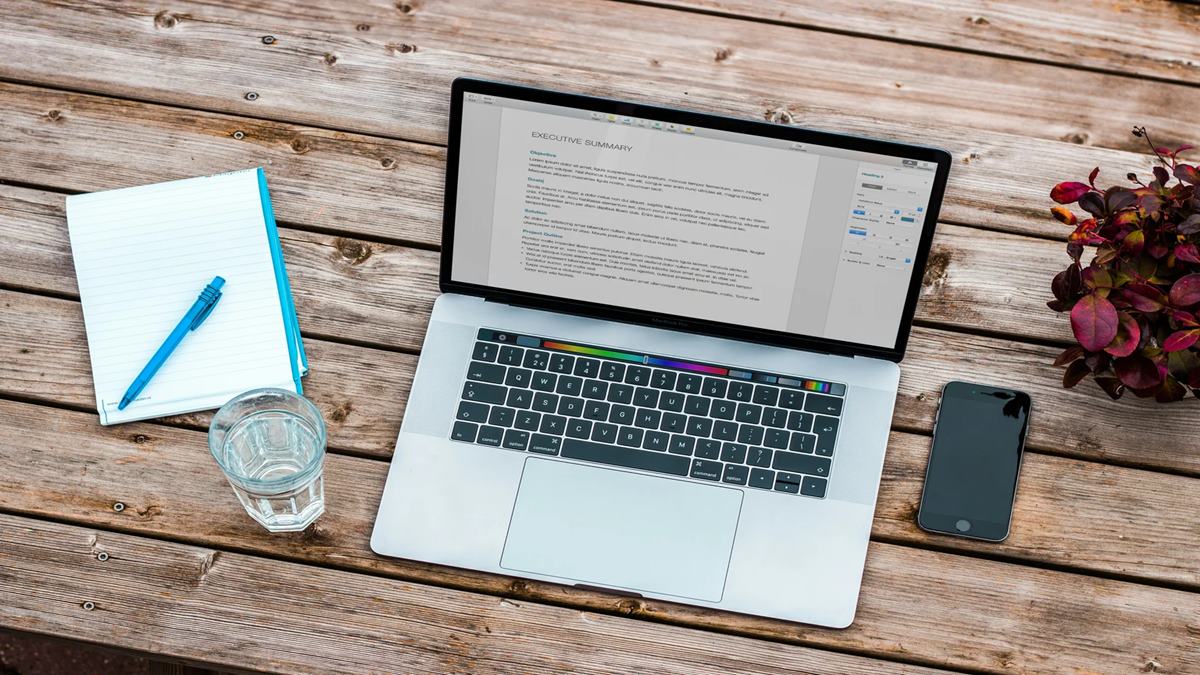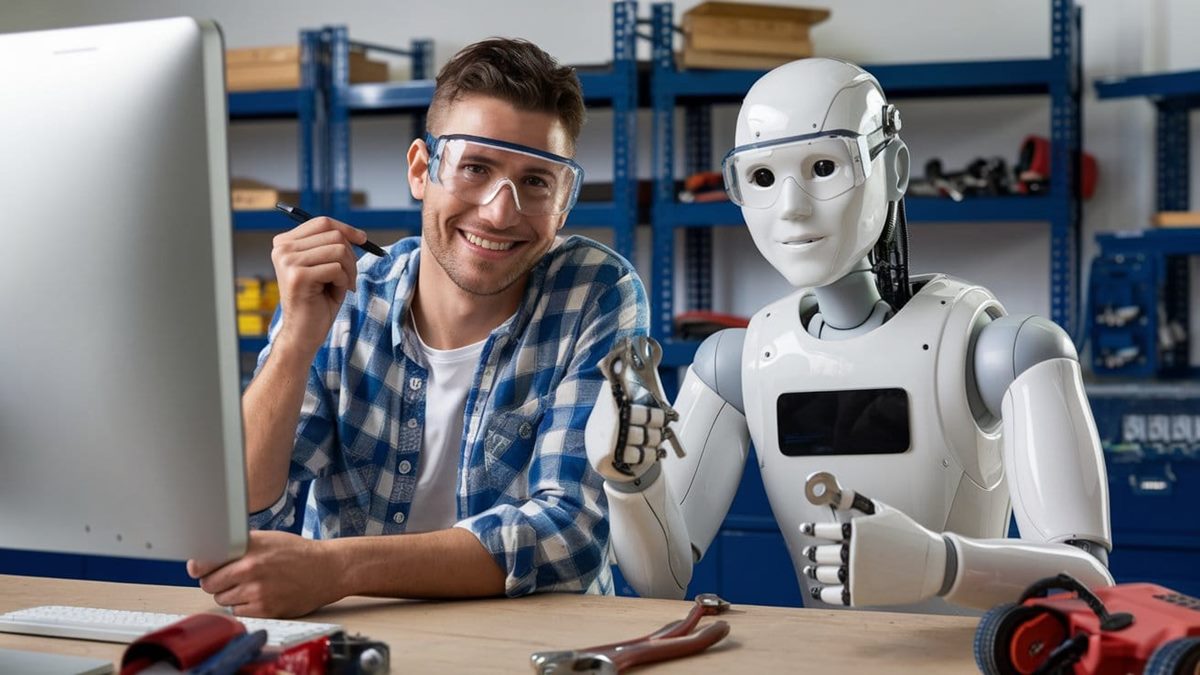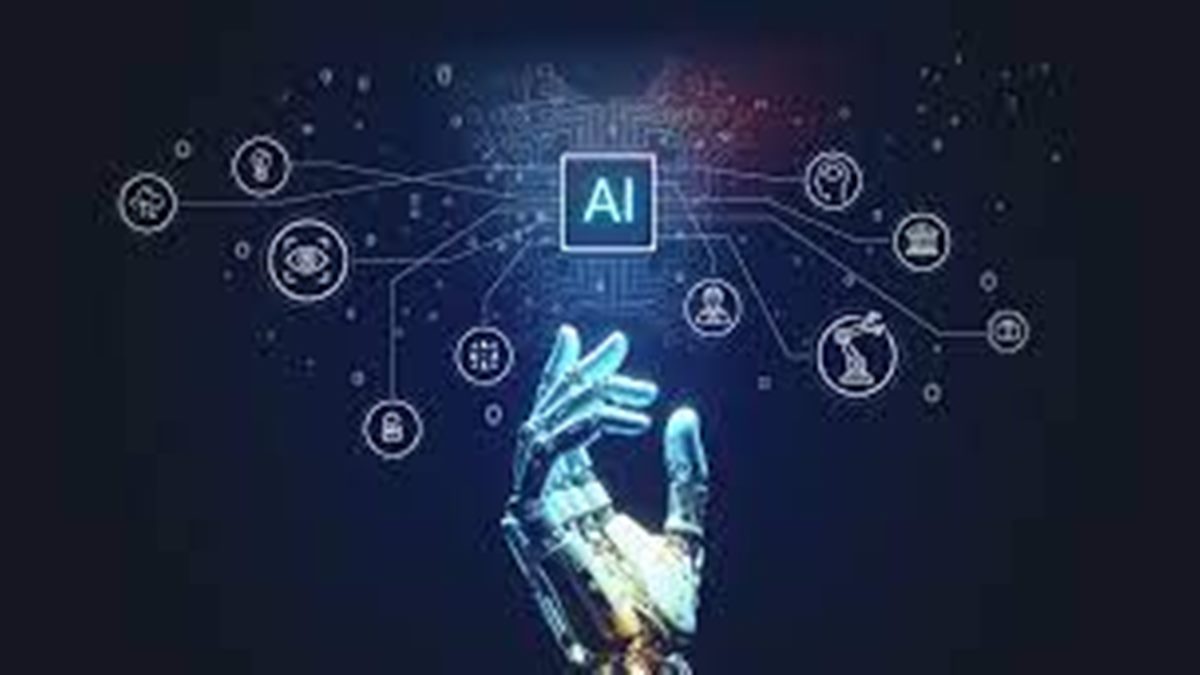RECENTLY, I SAT in my kitchen waiting for the washing machine repairman, the radio keeping me company.
Callers to the radio station were suggesting jobs they believed AI could never replace. A roof thatcher spoke of his craft, passed down through generations. A therapist insisted human connection was essential to healing. Then came a woman claiming to be an expert in AI – not artificial intelligence, but artificial insemination.
Moments later, the service man arrived. €90 just to step inside. As he moved around the machine, he praised my efforts: I’d cleaned the filter, drained the water, checked the drum belt, and found no slips. Between stories of his holidays and complaints about parking, it became clear I’d already done 80% of what he had. His conclusion: the washing machine was beyond saving.
The irony struck me. Just 24 hours earlier, I’d used ChatGPT’s video tool to diagnose the issue, step by step. While I wouldn’t trust AI to rewire my house, it had walked me through the process with surprising accuracy.
Not every job can – or should – be replicated by AI. But that afternoon, as the repairman confirmed what I already knew, I began to wonder which jobs will withstand this new, hyped wave of technological advancement, and which will quietly evolve without us noticing.
What we know about AI and work
For nearly two decades, I’ve researched the intersection of technology, media, communities and people, observing how smartphones, social media, and video streaming have reshaped our culture and routines.
Yet, while these technologies entered our lives through personal use, the adoption of artificial intelligence is being driven primarily by workplaces and campuses.
MIT’s Project NANDA found that 40% of US companies analysed in their study had official AI subscriptions, yet 90% of workers in those firms use AI tools – often without IT approval.
This emerging “shadow AI economy” is fueling experimentation among students and employees seeking to simplify or accelerate everyday tasks.
Another US study analysing 200,000 anonymised conversations from Microsoft Bing Copilot illustrated AI’s labor implications by distinguishing between the user’s goal (what the human wanted to do) and the AI’s action (what the system did).
The analysis showed that generative AI aligns most strongly with communication and information tasks. This might mean that AI may impact roles in this space.
In the same study, translators, writers, customer service reps, and historians top the list of jobs that could be negatively impacted.
However, we also know that AI makes things up and shares misinformation, so trust in information is an issue. The roles that the study suggested might stay safe are those rooted in the physical world – healthcare, farming, construction.
So perhaps it’s not the washing machine repairman who should be nervous, but the person writing about him.
Reshaping how we operate
Two further studies from Stanford and Harvard give a glimpse into how AI is reshaping the workforce.
The first found that early-career workers, aged 22-25, in AI-exposed roles such as software development and customer service, saw employment drop by 13%.
Older workers in the same fields, however, stayed steady or grew in number. The biggest declines appeared where AI replaced human effort rather than enhanced it.
The second study, analysing US CVs and job posts, tracked “AI-adopting” companies – those hiring for AI integrator roles – and found junior headcount fell 7.7% within six quarters of AI’s rollout, starting in early 2023. That’s roughly a 22% drop in junior hiring, from about 17 to 14 hires per quarter, driven more by slower recruitment than layoffs.
The aptly titled paper “Canaries in the Coal Mine?” adds colour to the story. AI readily takes on routine or desk-based tasks – work done by operations managers, accountants, developers, and receptionists. But it struggles with hands-on roles, like the washing machine repairman who visited my kitchen, or nursing aides and housekeepers whose jobs rely on care and presence.
At the top tier, AI increasingly serves as a partner to professionals – executives using it for strategy, nurses for diagnostics, and IT managers for streamlining systems.
The future of human work
So, what kinds of jobs will matter most in the future?
What should we be teaching in our schools, colleges, and workplaces to prepare for an AI-driven world?
While AI feels inevitable, many – including myself – believe it’s falling short of the grand promises made by a handful of powerful owners and investors. That’s where human connection comes in.
People don’t want AI intruding on creativity or relationships. They’re happy for it to handle dull life admin, research, and routine information gathering – the stuff that drains time but not imagination.
This shift will make human skills even more valuable: the ability to apply lived experience, physical know-how, and common sense to unpredictable and often messy situations.
Jobs rooted in presence and empathy – like healthcare, repair work, or creative collaboration – can’t easily be replaced.
The future workforce will also need ethical judgment, relationship building, and trust, the skills that help navigate life’s messiness. Beyond that, we need holistic judgment, creativity, and contextual understanding – qualities that help us see nuance where machines see only data.
To thrive, we’ll need to double down on emotional intelligence, critical thinking, and clarity – the ability to pause, reflect, and make sense of a noisy, distracted world.
These are the truly human skills that AI can’t touch.
Source – https://www.thejournal.ie/readme/will-ai-replace-my-job-6843028-Oct2025/




















